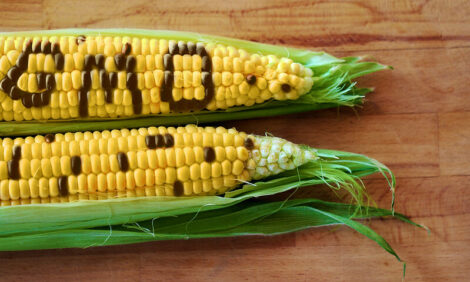



US NFU Tells Livestock Committee Consumers Want Origin Labelling
US - Consumers are willing to pay more for their food if they know its origin.This was the message from US National Farmers Union in additional testimony to the US House Agriculture Subcommittee on Livestock, Rural Development and Credit.
The testimony was following up on a 30 April, hearing on the state of the livestock industry.
The comments were in response to discussion that occurred during the hearing.
“Witnesses and congressional Country-of-Origin Labeling (COOL) opponents insist that COOL holds no value to consumers, but NFU knows that is simply not true,” said Chandler Goule, NFU senior vice president of programmes.
“A 2003 Colorado State University study confirms that consumers are willing to pay a premium to know the origin of their food. Furthermore, COOL compliance costs amount to less than one-third of a cent per pound of meat, which certainly doesn’t justify the protests of the packers and processors reaping billions of dollars of profit.”
Of the seven witnesses, who testified at the April hearing, only two represent organisations with strictly farmer or rancher members and the remaining five witnesses represent packer-producer organisations or meat companies, the NFU said.
This presented a disproportionate opportunity for packers and processors to express their views in conflict with family farmers and ranchers.
“Congress acted in favour of COOL by including it in the 2002 and 2008 Farm Bills and demonstrated support for COOL by defeating an effort to undermine it in the 2014 Farm Bill. All parties in the livestock sector would be well-served to look toward a future in which consumers wish to know more about their food – an objective fulfilled in part by COOL,” said NFU President Roger Johnson.
Mr Johnson’s written comments elaborate on other important livestock issues, including an outline of common-sense rules about the relationship between meatpackers and contract poultry growers, which are currently being blocked by appropriations riders.
The NFU’s testimony also cites the 5 May, discovery of a cow infected with bovine spongiform encephalopathy in Brazil as an additional reason to oppose the US Department of Agriculture’s proposal to allow the importation of animal products from Brazil.







